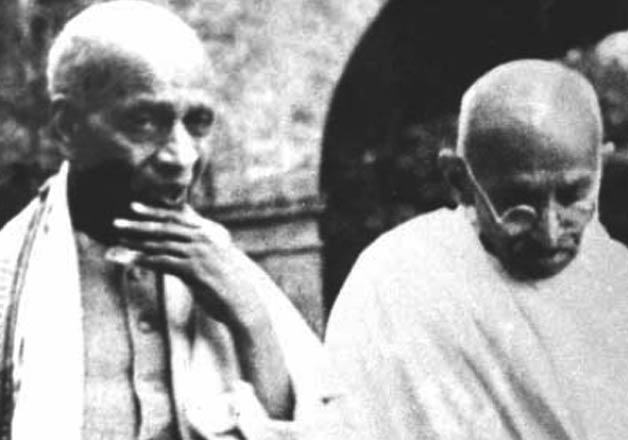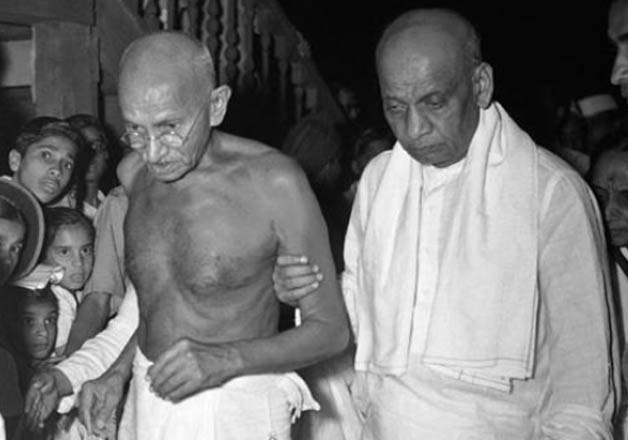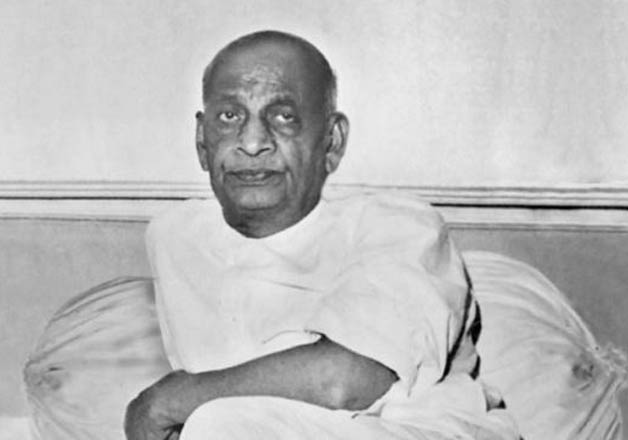
In the meantime, the Nizam appealed to the British Labour Government for immediate intervention but did not succeed in getting any favorable response. The Nizam sent a delegation to the United Nations to refer the Hyderabad State case to the UN Security Council but before it could succeed, the Indian army entered Hyderabad and launched ‘Operation Polo'. The ‘Razakars' offered resistance briefly but surrendered soon. Nizam was defeated and the state was merged with India.
In case of Jammu and Kashmir, Nehru did not pay any heed to Sardar Patel's advice and went to the UN Security Council. It proved to be a historic blunder and the nation is still paying the price for Nehru's short sighted decision. Had Nehru listened to Patel, Jammu and Kashmir issue would have been resolved on the lines of Junagadh and Hyderabad.
The spectacular success of Sardar Patel in unifying around 565 princely states of India made him the natural claimant for the title of ‘Iron Man'. He delivered what was expected from him under hostile conditions and it was a testimony to his steel-like determination and rock-like courage.
While discussing the qualities of Sardar Patel - the Iron Man of India – it is difficult to forget the fact that despite possessing the best administrative qualities, Patel was denied the honour of becoming the first PM of India. And the person who snatched this honour from Patel was none other than Mahatma Gandhi who Patel revered like God. Let's go back to 1946 for understanding what exactly happened and how Sardar Patel lost the race to Nehru.
By 1946, it had become quite clear that India's independence was only a matter of time now. The Second World War had come to an end and the British rulers had started thinking in terms of transferring power to Indians. An interim government was to be formed which was to be headed by the Congress president as Congress had won the maximum number of seats in the 1946 elections. All of a sudden, the post of Congress president became very crucial as it was this very person who was going to become the first Prime Minister of independent India.
At that time, Maulana Abul Kalam Azad was the president of Congress party. In fact, he was the president for the last six years as elections could not be held for the Congress presient's post since 1940 due to Quit India movement, the Second World War and the fact that most of the leaders were behind bars. Azad was also interested in fighting and winning election for the Congress president's post as he, too, had ambitions to become the PM, but he was told in no uncertain terms by Mahatma Gandhi that he does not approve of a second term for a sitting Congress president and Azad had to fall in line ,albeit reluctantly. Not only this, Gandhi made it very clear to everybody that Nehru was his preferred choice for the Congress president's position.

The last date for the nominations for the post of the President of Congress, and thereby the first Prime Minister of India, was April 29, 1946. And the nominations were to be made by 15 state/regional Congress committees. Despite Gandhi's well-known preference for Nehru as Congress president, not a single Congress committee nominated Nehru's name.
On the contrary, 12 out of 15 Congress committees nominated Sardar Vallabh Bhai Patel. The remaining three Congress committees did not nominate any body's name. Obviously, the overwhelming majority was in favour of Sardar Patel.
It was a challenge to Mahatma Gandhi as well. He instructed Acharya J B kriplani to get some proposers for Nehru from the Congress Working Committee (CWC) members despite knowing fully well that only Pradesh Congress Committees were authorized to nominate the president.
In deference to Gandhi's wish, Kripalani convinced a few CWC members to propose Nehru's name for party president.
It's not that Gandhi was not aware of the immorality of this exercise. He had fully realized that what he was trying to bring about was wrong and totally unfair.

In fact, he tried to make Nehru understand the reality. He conveyed to Nehru that no PCC has nominated his name and that only a few CWC members have nominated him. A shell-shocked Nehru was defiant and made it clear that he will not play second fiddle to any body.
A disappointed Gandhi gave into Nehru's obduracy and asked Sardar Patel to withdraw his name. Sardar Patel had immense respect for Gandhi and he withdrew his candidature without wasting any time. And it paved the way for the coronation of Pandit Jawahar Lal Nehru as India's first Prime Minister.
Sardar Patel was denied what he deserved on merit but even today he commands respect as India's most admired political administrator. He will always be remembered as India's first and last politician who could termed as the ‘Iron Man of India'.



















